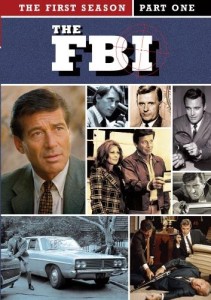Barry Bonds, Ramblin’ Man
Reading Time: 2 minutes.
The federal appeals court in San Francisco recently reversed baseball player Barry Bonds’s conviction for obstruction of justice.

The criminal charge and conviction arose out of testimony that Bonds gave to a grand jury investigating the illegal provision and use of steroids in major league baseball. As the Ninth Circuit Court of Appeals summarized it:
During a grand jury proceeding, defendant gave a rambling, nonresponsive answer to a simple question. Because there is insufficient evidence that Statement C was material, defendant’s conviction for obstruction of justice in violation of 18 U.S.C. 1503 is not supported by the record. Whatever section 1503’s scope may be in other circumstances, defendant’s conviction here must be reversed.
Why is this decision relevant to corporations, their employees and their lawyers?
In interviews by government agents, in grand jury testimony led by prosecutors or in testimony at trial, a witness gets a lot of bad questions and gives a lot of bad answers. “Bad” answers are not necessarily untruthful. They may be vague; or not responsive to the question; or simply an observation made into the air in order to fill the silence.
This problem is particularly acute with business people. In general, business people are compensated for having answers to questions and solutions to problems. To respond “I just don’t know” or “I don’t get your question” is not well received in commerce. Business people are trying to do a deal and “get to yes.” “Yes” is not the place that agents, prosecutors and regulators seek. (At least, not that kind of “yes.”)

We have discussed here and here and here the do’s and don’t’s of interactions with government agents. In particular, do not fall prey to the Efrem Zimbalist, Jr. syndrome.
That lesson is worth repeating:
“Government Agents,” a Lightfoot140 by Jack Sharman. from LFW on Vimeo.
